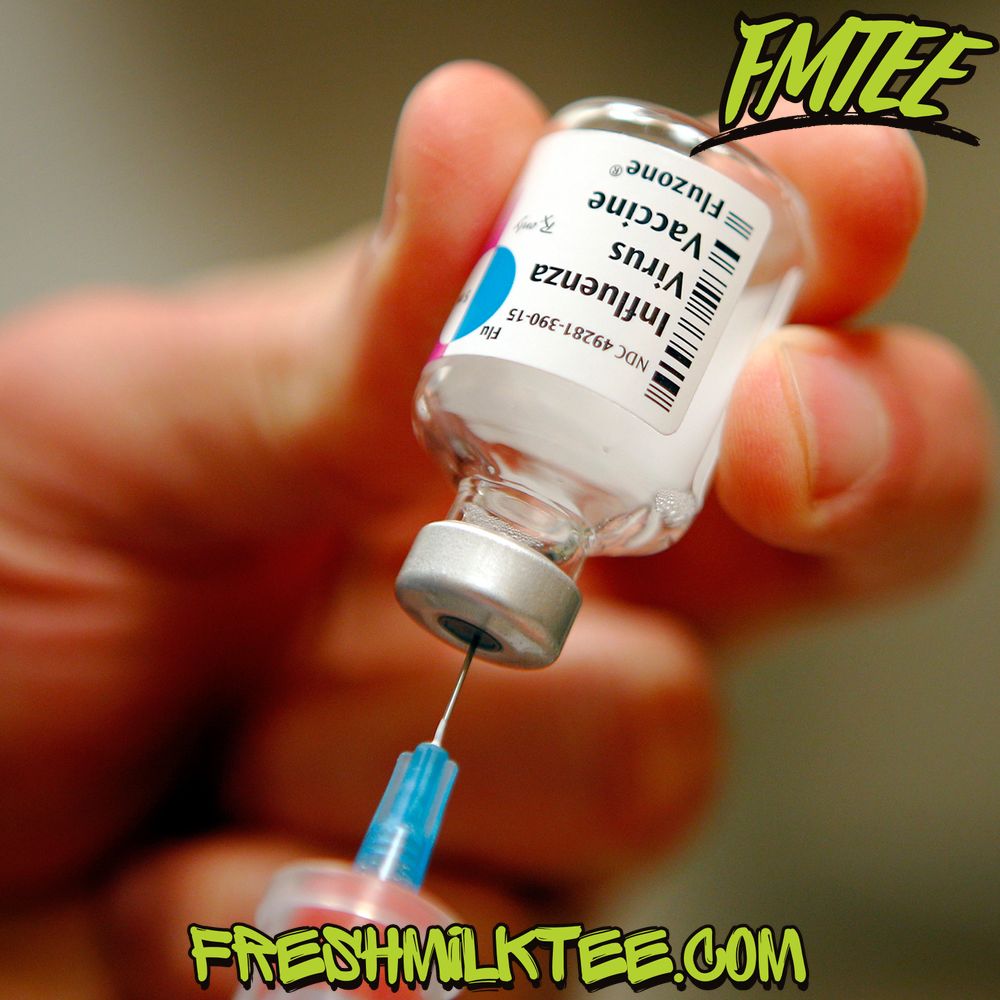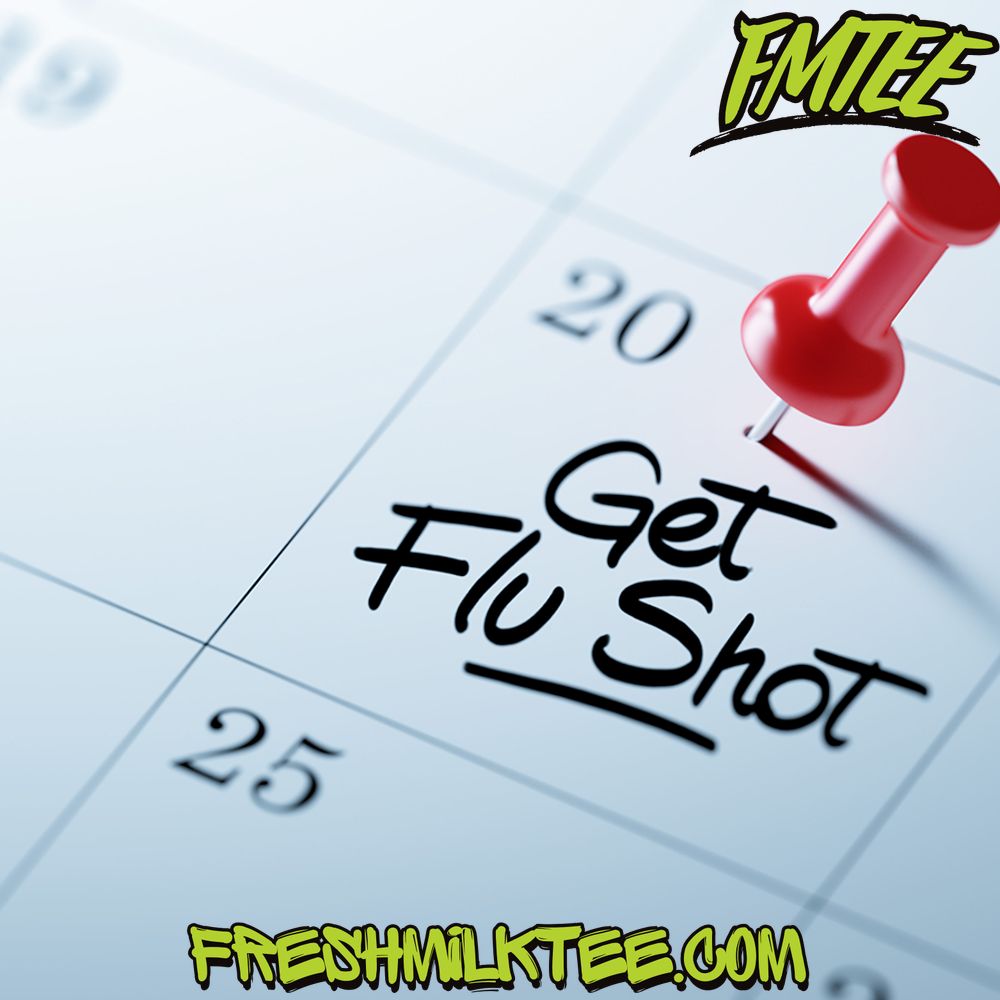Blog
What to Avoid After Flu Shot?
What to Avoid After Flu Shot: Essential Tips for a Safe Recovery
Receiving the flu shot is one of the best ways to protect yourself from the seasonal flu. However, while it offers protection, it’s essential to know what to avoid after flu shot to ensure your recovery goes smoothly. This guide covers the key flu vaccine precautions, including common side effects, activities to avoid, and the best recovery practices for a safe and effective flu shot experience.
What to Avoid After Flu Shot: Essential Tips for a Safe Recovery
Getting the flu shot is generally safe and well-tolerated, but like any vaccine, it can lead to side effects. These side effects are typically mild and temporary, but understanding what not to do after flu vaccine is critical to avoid exacerbating them or causing unnecessary discomfort. In this section, we will walk through the most common reactions to the flu shot and the important precautions you should take afterward.
Common Flu Shot Side Effects and Recovery Advice
When you receive the flu vaccine, your immune system activates in response to the viral proteins introduced. Some people experience flu shot side effects, which can include soreness at the injection site, mild fever, fatigue, or headache. These reactions usually subside within a few days.
However, understanding flu shot aftercare is vital to ensure a smooth recovery. Proper care and attention can minimize side effects and help your body adapt to the vaccine effectively.
Here are some common flu shot side effects and tips on how to manage them:
- Soreness at the Injection Site – The most common side effect is tenderness, redness, or swelling at the injection site. To alleviate this discomfort, apply a cool compress to the area for relief.
- Fatigue and Headache – It’s normal to feel tired or experience a mild headache after the flu shot. Get plenty of rest, and drink fluids to stay hydrated.
- Mild Fever – A low-grade fever may develop after the flu vaccine. If needed, you can take over-the-counter medication, such as acetaminophen, to relieve symptoms.
These side effects are temporary and usually resolve within a few days. If they persist or worsen, consult with a healthcare professional.

Activities to Avoid After Flu Vaccine
After receiving the flu vaccine, it’s important to allow your body time to adjust and recover. Here’s what you should avoid after flu shot to ensure your body’s immune system can function optimally.
- Strenuous Activity – Avoid strenuous activity after flu shot, such as heavy exercise, lifting weights, or running marathons. Intense physical exertion can increase inflammation and discomfort at the injection site, and it may delay the immune system’s response.
- Excessive Physical Exertion – It’s advisable to avoid any overexertion after flu shot for at least 24 hours to give your body the time it needs to recover. Your immune system will be activated, so rest is essential for its proper functioning.
- Stressful Situations – Stress can weaken the immune system, so try to avoid any emotionally or physically taxing situations immediately after receiving the flu shot. Taking it easy for a day or two will support your immune system’s efforts to fight off the virus.
By allowing your body to rest and recuperate, you reduce the likelihood of experiencing prolonged side effects and ensure the vaccine works effectively.
Can You Drink Alcohol After Flu Shot?
One of the most common questions after getting the flu shot is whether it’s okay to drink alcohol. While drinking alcohol isn’t prohibited after receiving the flu vaccine, it’s best to avoid alcohol after flu shot in the immediate hours following the vaccination.
Here’s why:
- Dehydration – Alcohol can lead to dehydration, and staying hydrated is crucial when your immune system is actively responding to the flu shot. Drinking alcohol may exacerbate fatigue and other side effects.
- Immune System Response – Some studies suggest that alcohol can weaken your immune system, making it harder for your body to respond effectively to the vaccine. This can result in a delayed immune response.
For best results, consider avoiding alcohol after flu shot for at least 24 hours post-vaccination. After that, if you choose to drink, do so in moderation and stay well-hydrated.
For more information, check out this article on flu vaccine aftercare.
Foods and Drinks to Avoid After Flu Vaccine
Your diet plays a crucial role in supporting your immune system after the flu vaccine. There are certain foods and drinks that can hinder recovery or worsen side effects. Here’s a quick guide on foods to avoid after flu vaccine:
- Sugary Foods – Excessive sugar can suppress your immune response, making it harder for your body to fight off the virus effectively. Avoid sugary snacks and beverages after the flu shot.
- Caffeinated Drinks – While a cup of coffee may seem appealing, caffeine can dehydrate you, which can exacerbate symptoms like fatigue or headache. Opt for herbal teas or water instead.
- Heavy, Fatty Foods – Fatty foods can increase inflammation and slow down recovery. Stick to light meals with vegetables, lean proteins, and whole grains.
In addition to these foods, make sure to stay hydrated. Water is one of the best beverages to drink after the flu shot to help your body process the vaccine and avoid side effects like flu shot soreness and fatigue.
How to Manage Flu Shot Soreness and Fatigue
After the flu shot, many people experience soreness or fatigue. Here’s how to manage these common flu shot side effects:
- For Soreness at the Injection Site – Apply a cold compress to reduce swelling and inflammation. Gentle massage can also help, but avoid overexerting the arm.
- For Fatigue – Listen to your body and get adequate rest. Light activities such as walking can help keep you moving without exerting too much energy. Drink plenty of fluids to stay hydrated.
- Over-the-Counter Pain Relief – If needed, you can take pain relief medications like acetaminophen or ibuprofen to alleviate symptoms.
These recovery tips will help reduce discomfort and ensure that you recover quickly from the flu vaccine.
Precautions for High-Risk Individuals After Flu Vaccine
Certain groups, such as elderly individuals, pregnant women, and those with compromised immune systems, may require special attention after receiving the flu vaccine. If you fall into one of these categories, it’s important to follow additional flu vaccine aftercare recommendations.
For example:
- Elderly Individuals: Older adults are more vulnerable to infections, so they should avoid contact with sick individuals after receiving the flu shot.
- Pregnant Women: While flu vaccination is recommended during pregnancy, they should consult their healthcare provider for specific guidance on post-vaccine care.
- Immunocompromised Individuals: Those with weakened immune systems should discuss post-vaccination precautions with their doctor, as their immune response may differ.
Common Mistakes to Avoid After Flu Shot
Many individuals unknowingly make mistakes after receiving the flu shot, which can interfere with recovery. Here are some common mistakes after flu shot to watch out for:
- Skipping Rest – It’s tempting to go back to regular activities immediately, but rest is crucial for allowing your immune system to adjust to the vaccine.
- Forgetting to Stay Hydrated – Dehydration can worsen symptoms like headache and fatigue. Drink plenty of water after receiving the flu vaccine.
- Not Monitoring Side Effects – If your symptoms seem severe or last longer than expected, don’t hesitate to consult with a healthcare provider. Seek medical attention if you experience unusual reactions, such as a high fever or allergic reactions.
How to Improve Recovery After Flu Vaccine
Improving your recovery time after receiving the flu shot can be simple with the right care:
- Stay Hydrated – Water helps to flush out toxins and supports your immune system.
- Light Exercise – After resting for the first 24 hours, consider light stretching or walking to improve circulation and promote overall wellness.
- Proper Nutrition – Eating a balanced diet rich in vitamins and minerals will help support your immune response.
When to Seek Medical Attention After Flu Shot
While most side effects from the flu shot are mild and resolve within a few days, it’s important to know when to seek medical attention:
- Severe Allergic Reactions – Difficulty breathing, swelling of the face or throat, or hives may indicate an allergic reaction. Seek emergency medical help immediately.
- Fever Over 104°F – A high fever that doesn’t go down with over-the-counter medication should be addressed by a doctor.
- Prolonged or Worsening Symptoms – If you experience side effects that last longer than a few days or worsen, contact your healthcare provider for guidance.
For more details, see flu vaccine management.

Frequently Asked Questions (FAQs)
1. Can I exercise after getting a flu shot?
It’s best to avoid intense physical activity for at least 24 hours after the flu shot to give your body time to recover.
2. Can I drink alcohol after a flu shot?
It’s recommended to avoid alcohol after flu shot in the immediate hours following the vaccination, as it can dehydrate you and affect your immune response.
3. How long does flu shot soreness last?
Flu shot soreness typically lasts 1-3 days, but you can apply a cold compress and take pain relievers to alleviate discomfort.
4. What should I avoid eating after the flu vaccine?
Avoid sugary, fatty, and caffeinated foods and drinks. Opt for hydrating beverages like water or herbal tea and eat light, healthy meals.
5. When should I seek medical help after the flu shot?
If you experience severe allergic reactions, high fever, or worsening symptoms, seek medical attention immediately.
By following these guidelines, you can ensure a smooth and safe recovery after your flu shot while minimizing any potential side effects. Stay informed and take care of your body to maximize the effectiveness of the vaccine.
In this article, we’ve covered everything from flu shot aftercare to essential flu vaccine precautions, ensuring you know exactly what to avoid after flu shot for the best recovery possible.

